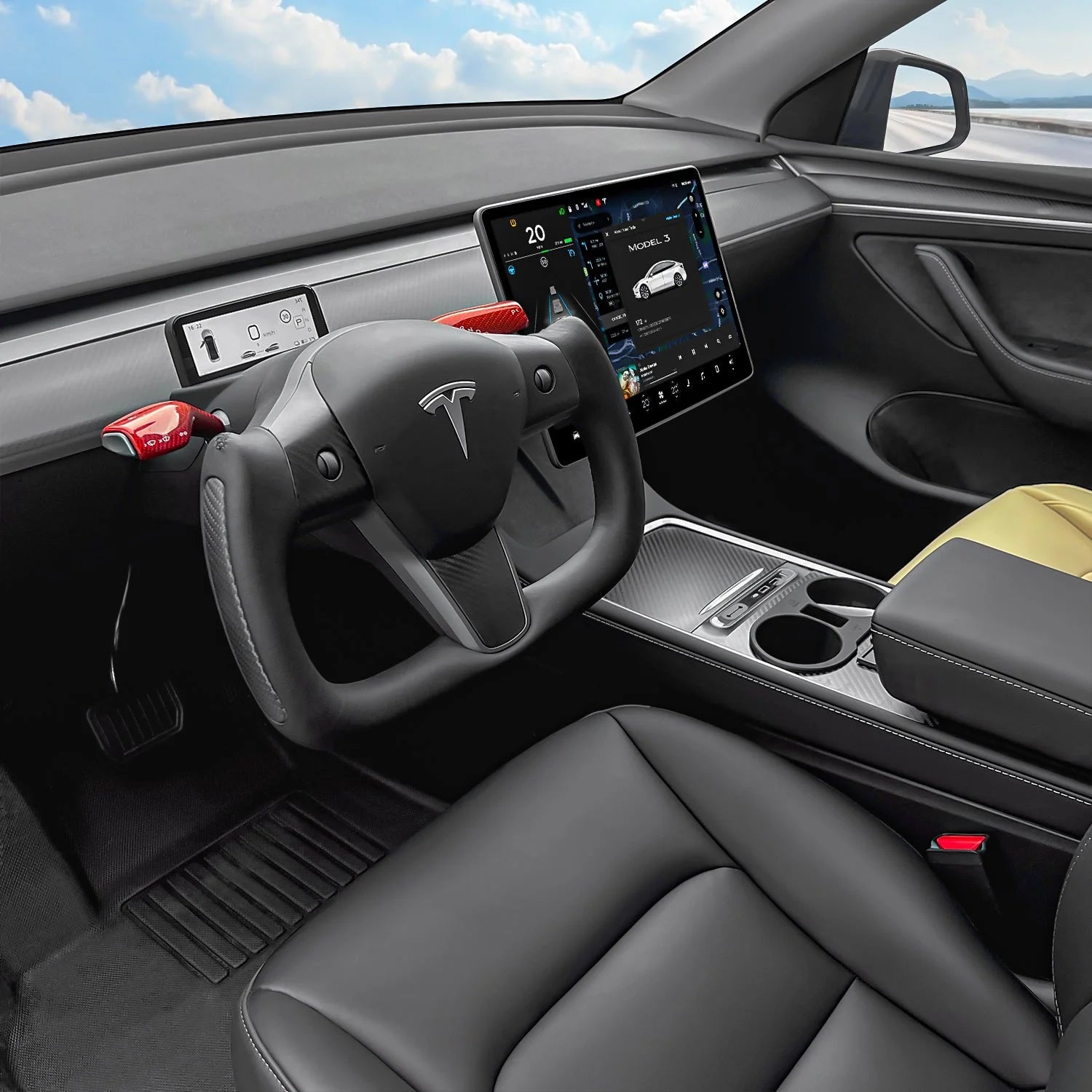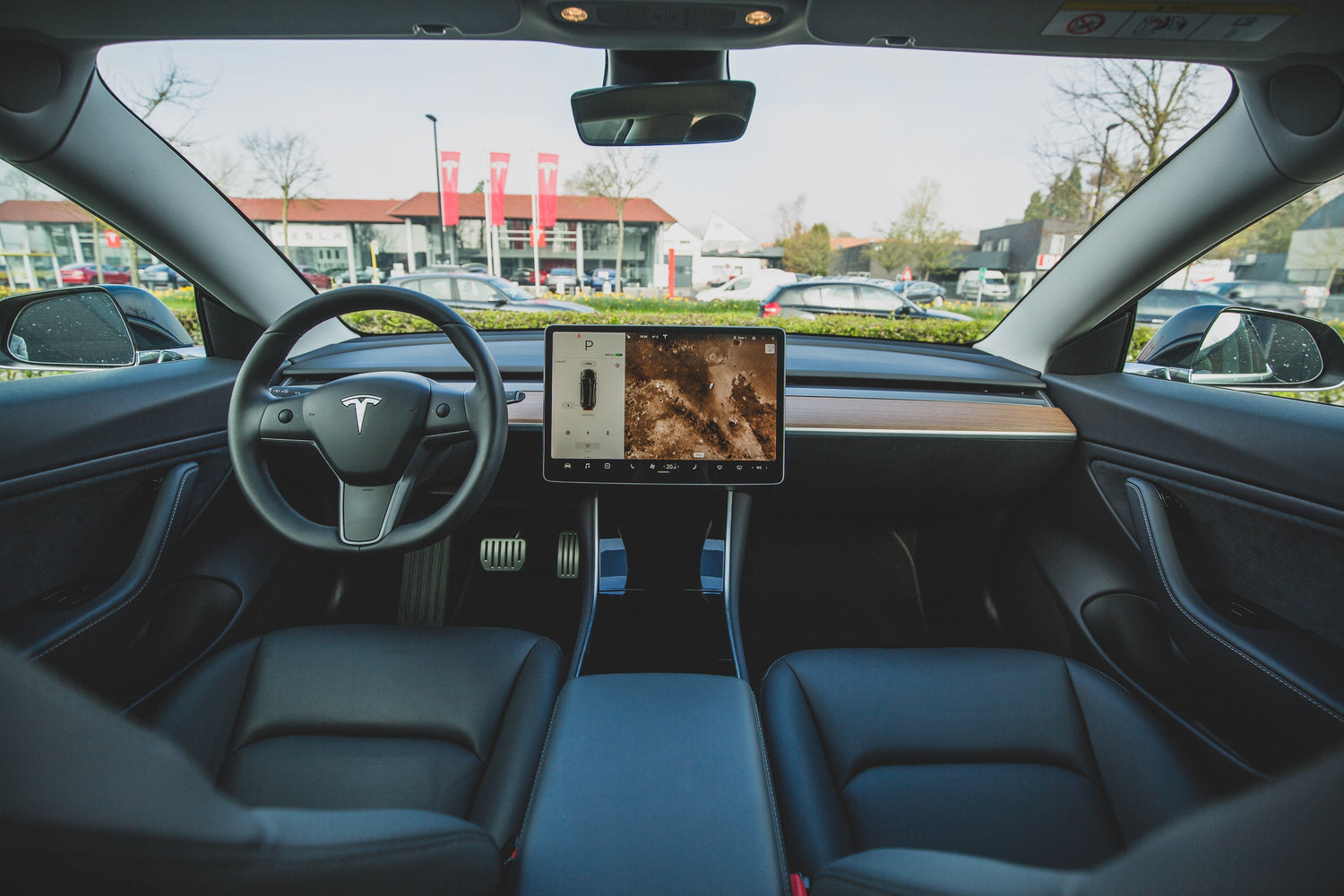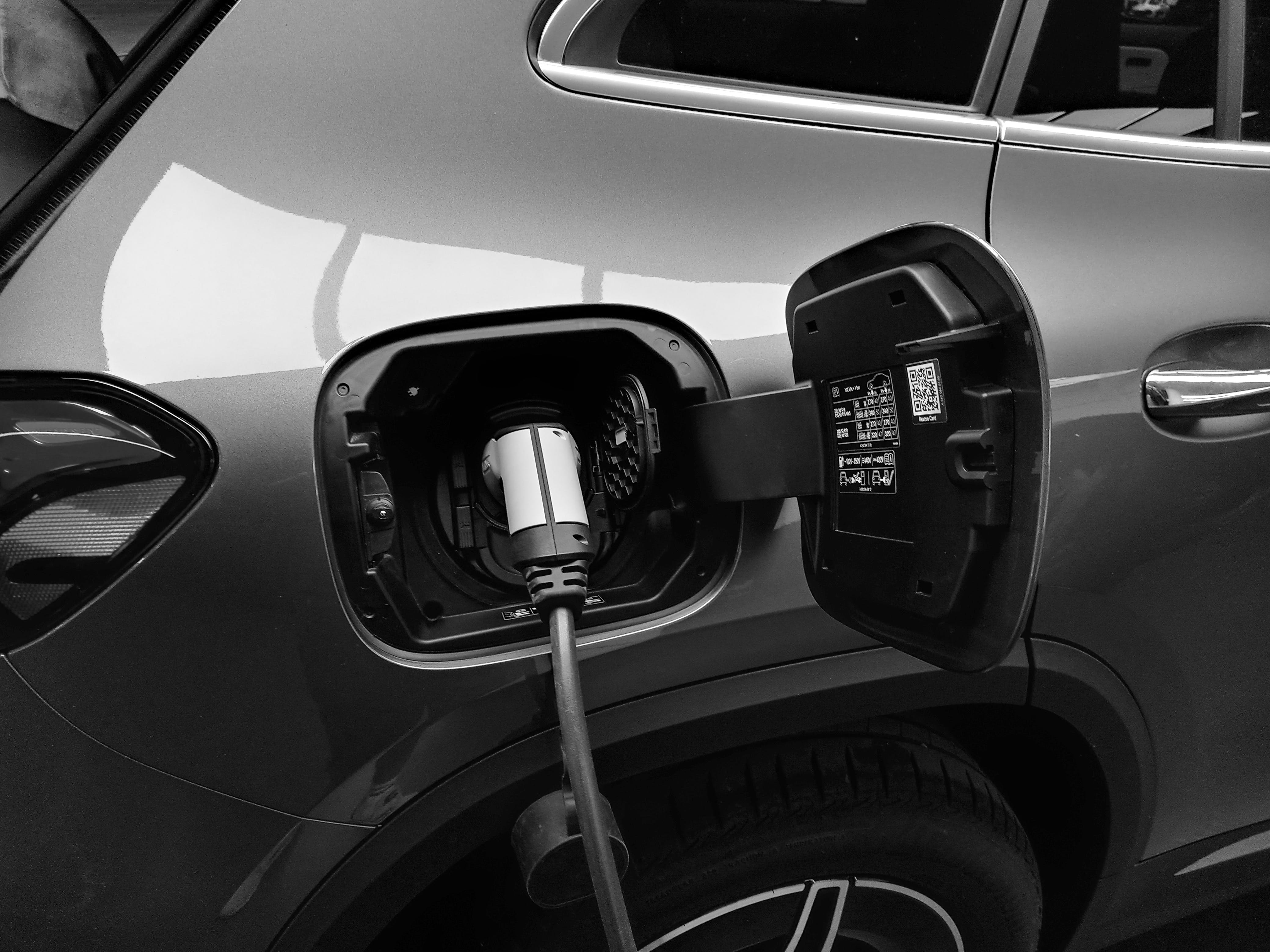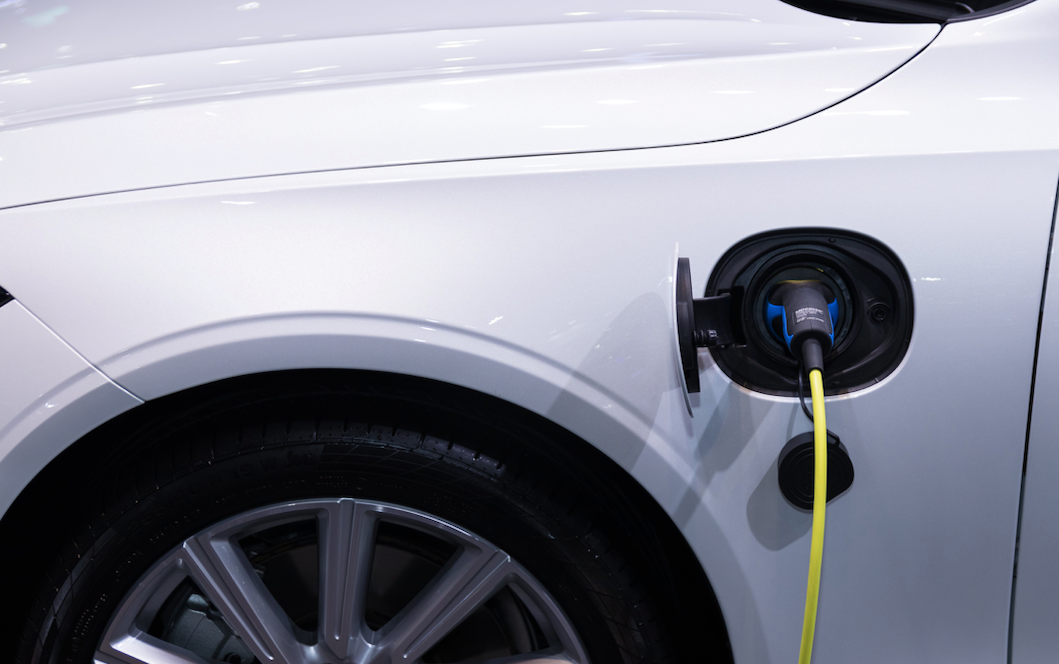Many people are curious whether non-Tesla electric cars can use Tesla chargers as they become increasingly popular. This piece explores the intricacies of Tesla's infrastructure for charging, looking at how different EV models work with the company's proprietary Supercharger network and Destination Chargers.
Are All EVs Compatible With Tesla Chargers? A Comprehensive Argument
It is a common issue as EVs continue to gain popularity: can other EVs use Tesla chargers? To properly comprehend this, it's necessary to look at the subtleties of Tesla's charging network and the relative merits of various EV models.
The high-speed DC fast chargers in the Tesla Supercharger network are specific to Tesla automobiles and are part of a private charging network that Tesla has created. These superchargers make Fast charging possible, enabling Tesla owners to fill up and continue their journey.
Remember that Tesla also runs a different network of slower AC charges called Destination charges, typically found in restaurants, hotels, and retail centers. These chargers provide a practical substitute for Tesla owners who want to leave their vehicles charged while parked for an extended period.
A Synopsis of Tesla's Charging Infrastructure
An intriguing aspect of Tesla is the Supercharger network. The fact that so many of these stations are situated in urban areas and along busy highways makes them incredibly convenient. These stations charge Tesla cars significantly quicker than typical level 2 chargers.
The NACS, a unique charging connector made just for Tesla vehicles, is used by Tesla Superchargers. Other EV models from various manufacturers are incompatible with this connector since they use the CCS1 port. Consequently, an adapter is required to connect non-Tesla EVs to Tesla Superchargers.
Distinguishing Between Tesla Superchargers and Destination Chargers
To find out if Tesla's Superchargers and Destination Chargers are compatible with EVs that aren't made by Tesla, it's critical to comprehend the differences between the two types of chargers.
As was already established, because of the special charging connector on Tesla vehicles, Tesla Superchargers are only compatible with Tesla vehicles and cannot be used with other EV models. This implies that Tesla Superchargers cannot be used to charge your non-Tesla electric vehicle.
However, certain non-Tesla EVs can still use their destination chargers, compatible with the standard J1772 socket. To make sure you have the correct adapter or that the charging port on your EV is consistent with the J1772 connector, it is imperative to verify compatibility.
Not-Tesla EVs and Tesla Chargers' Relationship
Tesla chargers use a particular type of charging connector made just for Tesla vehicles. As a result, there needs to be more interoperability between electric cars made by other manufacturers and Tesla chargers. Without an adapter, owners of non-Tesla EVs usually aren't able to connect their vehicles directly to Superchargers or other Tesla-specific charging infrastructure.
Remember that Tesla has its exclusive network of charging stations, which includes the well-known Supercharger network. This network is only available to Tesla cars and facilitates rapid charging. While this may annoy non-Tesla EV owners, it's crucial to realize that various EV models may work with different charging choices.
Tesla Charger Technology
Modern technology is used by Tesla chargers, such as the Superchargers and Destination Chargers, to provide rapid and effective charging. Direct current (DC) fast charging is the most sophisticated technology in Tesla chargers. DC charging produces noticeably quicker charging periods because, in contrast to AC charging, DC charging permits a faster current flow from the charger to the electric vehicle's battery.
Tesla Superchargers are renowned for their remarkable charging speeds, which enable them to provide a significant charge for Tesla vehicles in a comparatively short duration. With the help of this technology, long-distance electric vehicle (EV) driving is now more convenient and accessible. Additionally, it extends the distance between charging locations for Tesla users.
Types and Functions of the Adapter Solution
Adapters provide a workable alternative if you wish to use the Tesla charging system even when you don't own a Tesla EV. Using adapters as a bridge, non-Tesla EVs can connect to Tesla chargers.
Various adapters work with the charging connector that the non-Tesla EV is using. The Tesla can connect and start charging thanks to these adapters, which change the charging port into the proper one.
It is crucial to remember that adapters could have restrictions, such as slower charging rates or incompatibilities with specific electric cars that aren't Tesla. Before making a purchase, make sure the converter and the particular non-Tesla EV are compatible by doing your research.
Using the J1772 Adapter to Connect Tesla Chargers to Other EVs
The J1772-adaptor is a widely used adapter that enables non-Tesla EVs to utilize Tesla Destination Chargers. Non-Tesla EVs with a J1772 charging connection can now connect to Tesla Destination Chargers, which generally require the J1772 connector, thanks to the J1772 adaptor.
The J1772 adapter includes two ends: a male J1772 plug that fits into the charging port of an EV that isn't a Tesla, and a female Tesla charging connector. This adaptor expands the ease and range of charging choices available to non-Tesla EV customers by enabling them to use Tesla's Destination Chargers.
Note that the J1772 adapter is incompatible with Tesla Superchargers, even if it makes charging at Tesla Destination Chargers easier.
Tesla's Policy On Supercharging Tesla And Non-Tesla Automobiles
Tesla has made it clear that using the Supercharger network is primarily intended for Tesla vehicle charging. As may be obvious, non-Tesla electric vehicles can use these Superchargers; notwithstanding, an adapter is required.
For Tesla proprietors, the Supercharger network is an exquisite organization of strategically placed, speedy charging areas. Tesla must guarantee that their vehicles are utterly viable with these charging stations for ideal outcomes.
While non-Tesla EV proprietors might not have direct admittance some Superchargers, it's vital to remember that there are, as yet, elective charging choices accessible, including public charging organizations and other charging stations planned explicitly for non-Tesla EVs.
Specialized Issues With Utilizing Tesla Chargers to Charge Non-Tesla EVs
While using Tesla chargers — particularly Superchargers — with electric vehicles that are not Teslas, there are many specialized issues. These difficulties originate from contrasts in power needs, charging connectors, and interoperability among Tesla and non-Tesla electric vehicles.
Restrictions on the Speed at Which Other Vehicles Can Be Charged
Another technical problem that non-Tesla EV customers run into with Tesla chargers is charging speed limitations. High-speed charging is made possible via Tesla Superchargers, which utilise the unique charging infrastructure of Tesla vehicles.
When using Tesla chargers, non-Tesla EVs may suffer reduced charging speeds due to power distribution and standard variances. This could result in slower charging rates than what Tesla vehicles experience when utilising the network of Superchargers.
It's important to keep in mind that non-Tesla EVs have unique charging requirements. Public charging networks and other charging stations are made to accommodate these needs by providing the quickest feasible charging times along with the right connectors.
Ensuring the Safe Use of Chargers and Adapters
When connecting non-Tesla EVs via adapters to Tesla chargers or any other type of charging infrastructure, safety must always come first. Have in mind these important considerations to ensure safe use:
Authentic and Certified Adapters
It is advised to utilize adapters approved by the relevant EV manufacturer or confirmed and certified by reliable manufacturers. This promotes conformity to safety regulations and compatibility.
Normative Examinations
Check the charger and adapter for wear and damage regularly. If problems are found, don't use them; get professional help for replacement or repairs.
Appropriately Managed
Use the charger and adapter as directed by the manufacturer. To prevent risks, adhere to the insertion, removal, and disconnect instructions.
Electrical Safety
Verify that the wiring and electrical outlet adhere to all applicable safety regulations and are in excellent operating order.
Unseen Charging
As a rule, leaving your electric vehicle unattended while it charges is definitely not a smart thought, particularly in the event that you're utilizing a connector. Watch for any abnormal way of behaving or overheating while the gadget is charging.
Maker Ideas
Counsel the rules and guidelines provided by the producers of the connector and EV. They might accompany exhaustive guidelines or security measures to guarantee safe charging.
By sticking to these tips, EV clients can decrease the dangers related to utilizing connectors and chargers and ensure a consistent and secure charging experience.
Industry Patterns And Tesla's Position Coming down the line for EV Charging
Tesla's inventive EV models and Supercharger network have changed the electric vehicle industry. The fate of EV charging is a subject of much conversation as the number of electric vehicles out and about ascents. The Supercharger network from Tesla has increased the bar for accusing the framework of its fast and direct decisions for Tesla buyers. Nonetheless, normalization and interoperability among connectors and charging networks are fundamental as the EV market extends.
The business needs to expand EV openness, cross-brand interoperability, and general charging. Normalized charging strategies are being created to work with the utilization of charging stations by EVs from various producers. Innovative headways are additionally improving framework, productivity, and charging speed. Super quick charging stations permit proprietors of electric vehicles (EVs) to decrease the time expected for setting.
Tesla is impacting the way that we charge electric vehicles essentially, even as the business all in all develops. The various individuals who utilize their vehicles furnish them with abundant supportive data, and they are continuously coming up with novel thoughts. This upgrades the nature of charging stations. Organizations, administrative associations, and specialist co-ops cooperating will smooth out and facilitate the method involved with charging electric vehicles. Wherever you look, there will be additional charging outlets. These headways are empowering eco-accommodating transportation choices like electric vehicles.
Meta Portrayal
Is it conceivable to charge an EV utilizing a Tesla charger? Here are extra subtleties on different choices for EV charging!




